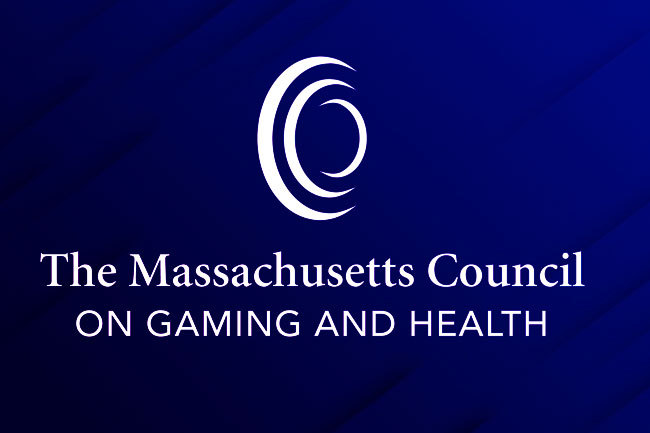Amy Gabrila who is a GameSense adviser at MGM Springfield, Massachusetts has shared her experience and thoughts on how problem gambling has been handled in the region and what can we do to help out. Employed by the Massachusetts Council on Gaming and Health, Ms. Gabrila advises gamblers on how to wager in a safer and non-addictive way.

GameSense is a program devoted to aiding individuals experiencing any kind of problematic gambling habits. The program was developed by the British Columbia Lottery Corporation back in 2009 and since then it has been adopted by numerous Canadian casinos and lotteries. The CT Lottery has been the first one in the USA to license the program, however, it is not yet implemented by the state’s tribal casinos.
Problematic Habits

Ms. Gabrila started off by saying that the casino industry has been flooded with misinformation on the subject of compulsive gambling. She explained that as an adviser from the program her responsibility is not to pressure people in order to suspend gambling but it was rather letting them slowly understand their issues and let things happen organically. But she explained that during her long career in the gambling industry not many people were compulsive gamblers.
Currently, the state of Massachusetts has licensed GameSense at its three casinos – MGM Springfield, Encore Boston Harbor, and Plainridge Park. The state is the only one with the program’s information desks at its casinos, with staff members working 16 hours a day to ensure that gamblers will have someone to advise and talk with them on the matter at all times.
After the Bay State officially authorized casinos in 2011, it was also requested its gaming commission to conduct systematic research on how social and economic impacts of gambling. The study started in 2015 with a baseline survey for adults before the opening of the first casino in the state. According to it ¼ of the state population never gambled, 34.6% did wager on an annual basis, 20.4% each month, and 18% weekly.
Only 2% of surveyed adults were determined to experience problem gambling, and 8% to 10% were on the threshold of being at risk originating from their gambling habits. In comparison, studies show that in Canada, Sweden, Australia, and New Zealand between 1% and 3.6% of the eligible individuals suffer from compulsive gambling.
The Collaboration Continues
Most recently the B.C. Crown agency informed that it will be further extending its partnership with BetMGM, thus the latter will continue to use the regulator’s player educational program. MGM resorts first started using the program back in 2017 and to this day the corporation utilizes it in over 17 of its casino properties across the US.
Expanding in the US
Another jurisdiction from the USA that has also reached out for GameSense’s services is the North American Association of State and Provincial Lotteries. Players of the Crown corporation will now have the ability to open up on the issue and discuss it with the program’s advisers. Thanks, to the BCLC initiative, the program will be available in both in-person and online services for the players’ convenience.
Source: Pazniokas, Mark “Bay State confronts problem gambling in ways CT does not”, CT Mirror, May 18, 2021



















